Why we’re always hungry
New research reveals that the unique way our blood sugar rises in response to meals could be to blame for cravings, extra calories consumed and weight gain.
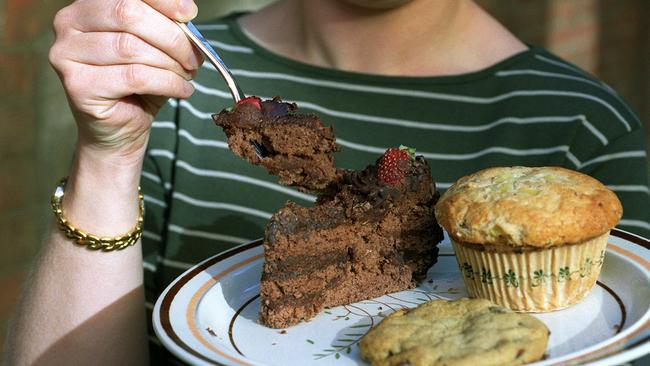
How often do you feel so hungry you could chew off your hand? If you are someone who eats breakfast but is ravenous by midmorning or struggles to stave off snack attacks throughout the day, it could be down to the way your body responds to the food you eat.
Last week researchers working on the Predict nutritional trials at King’s College London, in collaboration with other leading academic institutions, published a study that showed that the unique way that our blood sugar rises in response to meals could be to blame for cravings, extra calories consumed and weight gain.
Ana Valdes, a professor of molecular and genetic epidemiology at the University of Nottingham and one of the authors of the paper, says other studies “focused either on the impact of so-called hunger hormones, which we can do little to control, or on what happens to blood sugar in the two hours immediately after eating. Ours was the first investigation to look beyond that two-hour marker for more detailed information on how blood sugar affects appetite.”
It has long been known that blood sugar spikes postprandially, and more so after consuming sugary and highly refined foods. It was the impact of sugar dips occurring two to four hours after a meal on hunger and appetite that surprised the researchers.

For the study, which involved more than a thousand people, the team collected data on blood sugar responses to meals, including a standardised breakfast of muffins with different ratios of fat, carbs and protein but the same number of calories over a two-week period. They found that participants who recorded the sharpest drop in blood sugar in the hours after a meal experienced a triple whammy of dietary woes.
Not only did these “big dippers”, as the researchers dubbed them, feel 9 per cent hungrier than “little dippers”, despite having eaten an identical first meal, they ate their next meal half an hour sooner and went on to consume 300 more calories over the course of a day, enough to cause potential weight gain of 20lb in a year.
Almost everyone experiences some sort of sugar dip in the hours after eating, but the results, published in the journal Nature Metabolism, revealed that there was huge variability between participants’ responses even after accounting for age, body weight and BMI. A big dipper could be over or underweight, in good or poor health.
“There was no particular pattern in how people responded, apart from men have slightly bigger sugar dips than women overall,” says Dr Sarah Berry, a reader in nutrition at King’s College London and another of the contributing authors. “No person responded exactly the same as any other.” Yet for individuals, blood sugar responses to consuming the same meals at the same times on different days were remarkably consistent.

“It showed us that what you eat isn’t often the prime determinant of how you respond to food,” Berry says. If you suspect you’re a big dipper, don’t blame your genes. “Only about 50 per cent of our blood sugar response is genetic, which means a large portion is modifiable through lifestyle. Our findings demonstrated it is how you eat and how you live that are what matters when it comes to blood sugar and its impact on appetite and weight control.”
What’s evident from the data is that there is no single set of rules and no prescriptive diet that will work for everyone. Some people handled a high-carb meal better than others. Some had the opposite response. “Everything from the time of the day you eat most of your calories to when you exercise and how well you sleep can affect blood sugar and appetite,” Berry says. “But the precise effect differs from person to person.”
All of which explains why you may struggle to lose weight despite eating the same food as a friend who has no problem remaining slim. “What it shows us is that if you and I eat something we will both respond very differently to the constituents of that food,” says Tim Spector, a professor of genetic epidemiology at King’s College London and an author in the study. “It is yet another nail in the coffin for the idea that all calories are equal for all people.”
Spector says that he has made changes to his lifestyle in light of the findings. “I generally exercise on an empty stomach now, and I have realised I have a bad response to carbs first thing,” he says. “I have swapped a carb-loaded breakfast for one that is higher in fat and protein, and tend to eat yoghurt with berries to avoid a big sugar dip.” Here’s what you can try.
Are you a ‘big dipper’?
If you want to know the precise peaks and troughs of your blood glycogen, you will need to invest in a continuous glucose monitor — a tiny device inserted under the skin that plots your responses over 24 hours. However, they can be expensive and there’s plenty you can learn about your blood sugar without one.
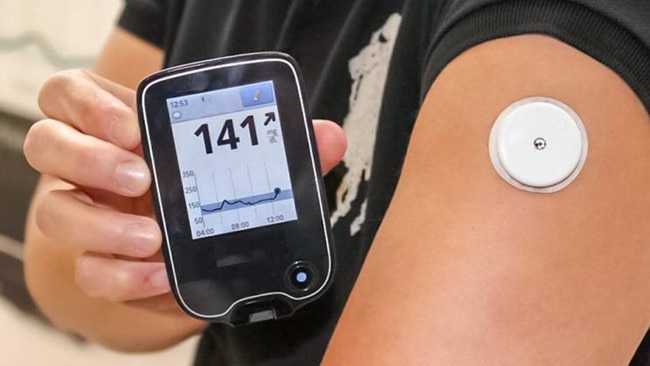
“Start to pay attention to your body and how it responds to different meals,” Berry says. “Play around with different strategies and note how eating at certain times affects your appetite two to four hours later. You will begin to work out whether your response is negative or indifferent and can adjust meals accordingly.”
Try front-loading your calories
Eating more calories in the morning rather than later in the day may be a way to avoid big sugar dips. “Time-restricted eating, or eating within a set window, is helpful, but it is not the time period that’s as important as the timing of that window,” Berry says. “Scientific consensus is shifting towards early time-restricted eating, which means a bigger breakfast than lunch.”
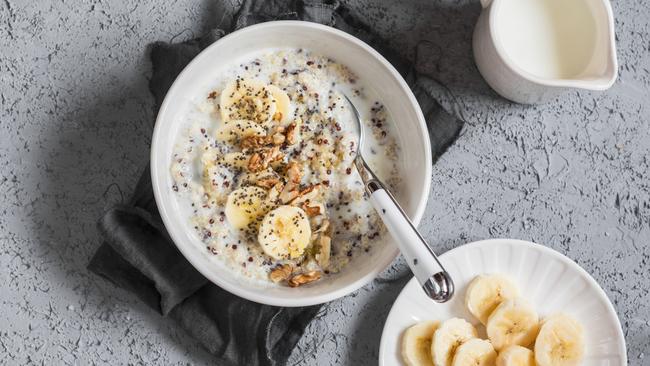
One recent study, by Northwestern University in Illinois, shows that people who started eating before 8.30am had better blood sugar control. However, Berry says this won’t work for everyone. “If you are someone whose preference is not to eat breakfast and who finds that helps their appetite in a positive way, you should be driven by that.”
Eat healthier carbs at breakfast
While highly processed cereals are not recommended because they cause an initial sugar spike, not everyone found that a carb-dominant breakfast in the study’s case, muffins caused their blood sugar to rise and then plummet in the same way.
“Younger people, under 60, tended to exhibit a far higher glycaemic response when carbs were eaten at lunchtime compared with when they were eaten for breakfast,” Berry says. For older people there was less of a differential swing, suggesting “it might not matter as much when they eat carbs or protein”.

Healthier, higher-fibre carb choices such as bircher muesli and porridge won’t cause such a sugar spike and are more likely to sustain you. Sprinkling cinnamon on porridge or other foods may help with blood sugar control, according to a study published in the Journal of the Endocrine Society, which found that a daily supplement of the spice improved the body’s blood sugar response to a high-carb meal.
Spector is a fan of sourdough bread, which he says “has a structure that causes less of a peak and fall in blood sugar”. But add healthy fats and some protein too. “Experiment with not eating pure carbs,” he says. “Nuts and seeds, eggs, kefir and yoghurt are all great breakfast additions from a blood sugar perspective.”
Get more sleep
A lack of sleep won’t only affect your mood and energy levels, it can impact your appetite. In papers that are being prepared for publication, the Predict team has found that the less sleep people get the worse their blood sugar response to an identical food is compared with when they are rested.
“If you are tired through lack of sleep, you are more likely to have a bigger drop in blood sugar after eating,” Spector says. “Getting as much sleep as you need on a regular basis can help with appetite control.”
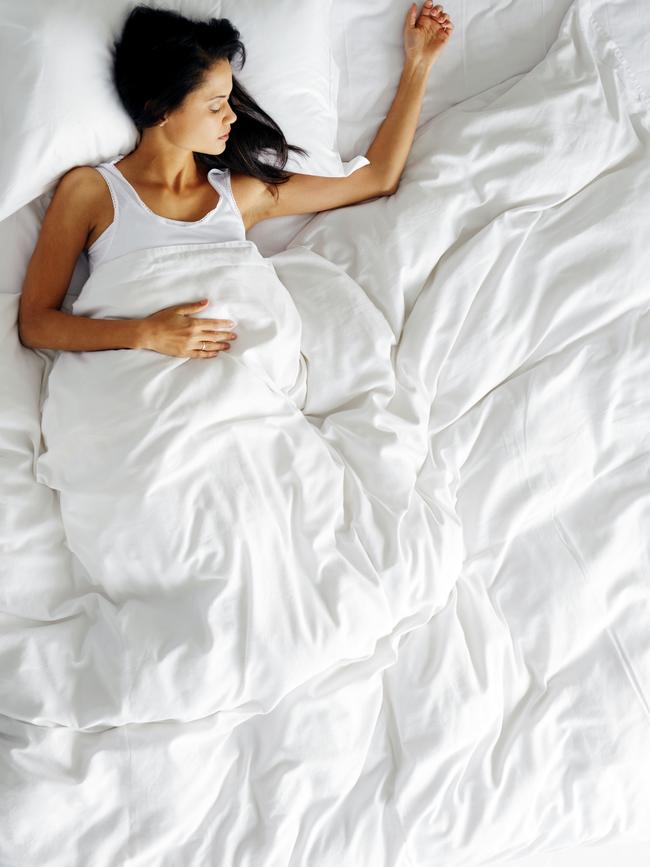
Drink water or black tea in the afternoon
Anything sugary or highly processed should be avoided from midday onwards, Valdes says. “Sugary drinks including squash, fruit juices and tea with added sugar, as well as fizzy drinks in the afternoon are particularly problematic,” she says.
“We’ve looked at what happens when people consume sugar-free diet drinks, water or sugar-containing beverages and found that, while blood glucose levels were the same three hours after the diet drinks and water, the sugary drinks caused a significant dip of up to 5 per cent below baseline under 11 per cent is a point at which you would feel starving and start stuffing your face leaving people much hungrier by the end of the day.”
She says that while there’s no firm evidence the artificial sweeteners in diet drinks cause blood sugar to plummet, it’s best to stick to water or green and black tea.

Exercise before breakfast
“Exercise is a big factor and has a marked effect on blood sugar,” Spector says although again, the response is not uniform. Research conducted by Javier Gonzalez at the University of Bath’s department for health showed that overweight men who exercised before breakfast for six weeks were better able to control their blood sugar than men who exercised after breakfast, or a control group who made no lifestyle changes. Gonzalez described the benefits as profound, and is now working on a joint study with the Predict team to look into how the timing of exercise can help with appetite regulation.
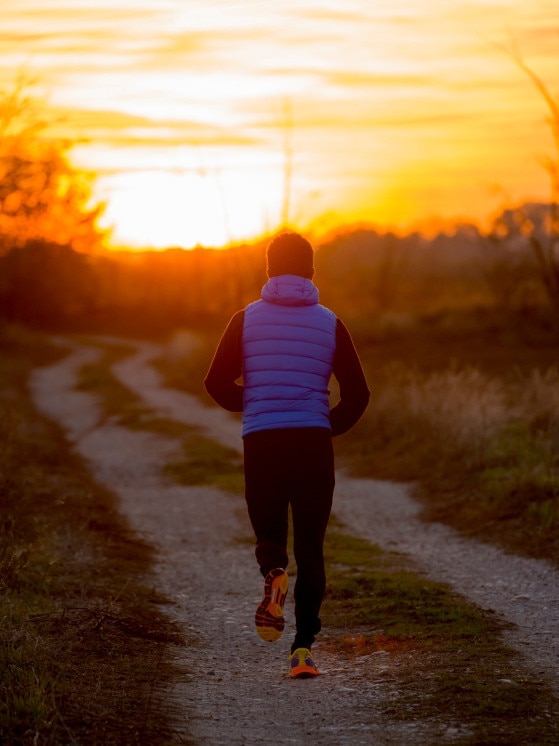
Go for a walk after dinner
The more activity you do, the better for your blood sugar control. A 2016 study published in the journal Diabetologia found that ten-minute walks immediately after meals in the afternoon and evening improved blood sugar control.
“We are finding out more and more about how the timing and duration of exercise helps to prevent blood sugar dips,” Berry says. “Find out what works for you in terms of how even a short bout of exercise might help your body’s response to food.”
Eat more apples, pears, carrots and barley
Fruit and veg including apples, pears, berries, sweet corn and carrots along with wholegrains, pulses, nuts and seeds, are all high in fibre and have multiple benefits for blood sugar.
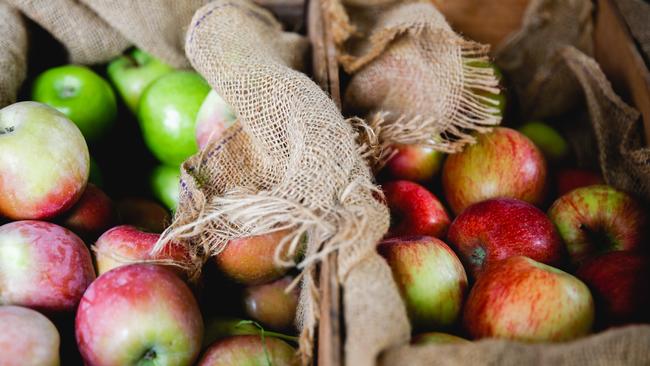
“It’s not just the old idea that fibre stops sugar being absorbed by the body, but the fact that fibre is so important for gut health,” Spector says. “We now know that there is a correlation between a less healthy microbiome and poor blood sugar control, and that certain microbes in the gut are implicated in blood sugar rising and falling.”
Barley may be worth adding to your diet. It contains a mix of dietary fibres that were shown in a Swedish study to reduce appetite by stimulating an increase in good gut bacteria and improving blood sugar control.
The Times



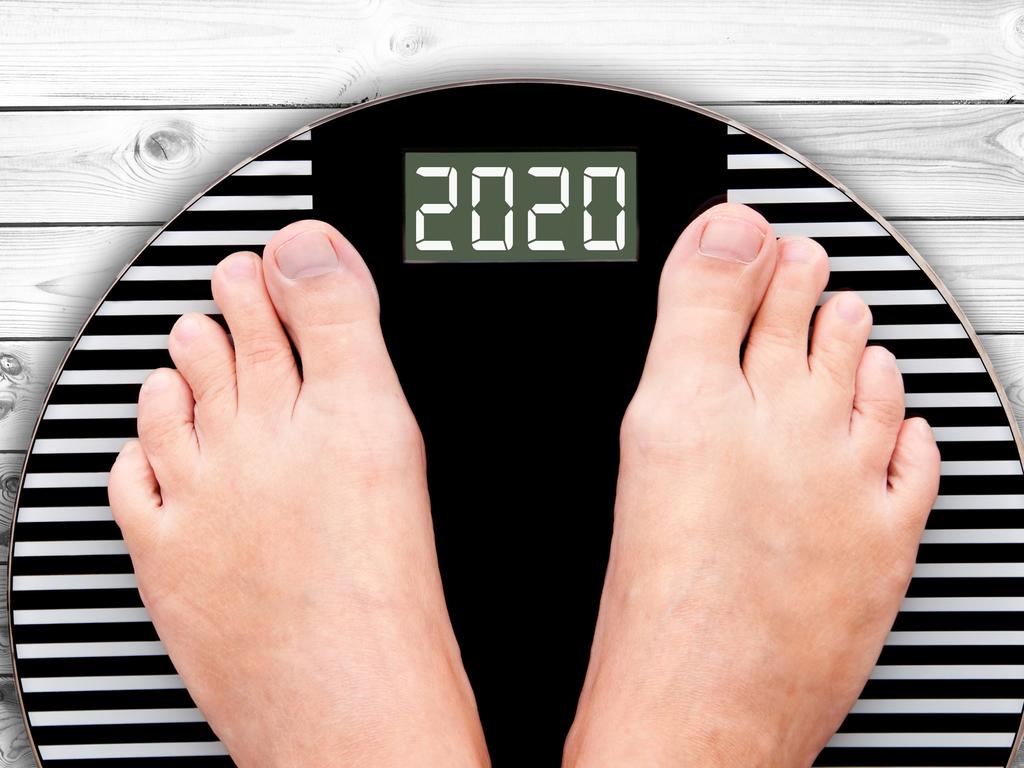
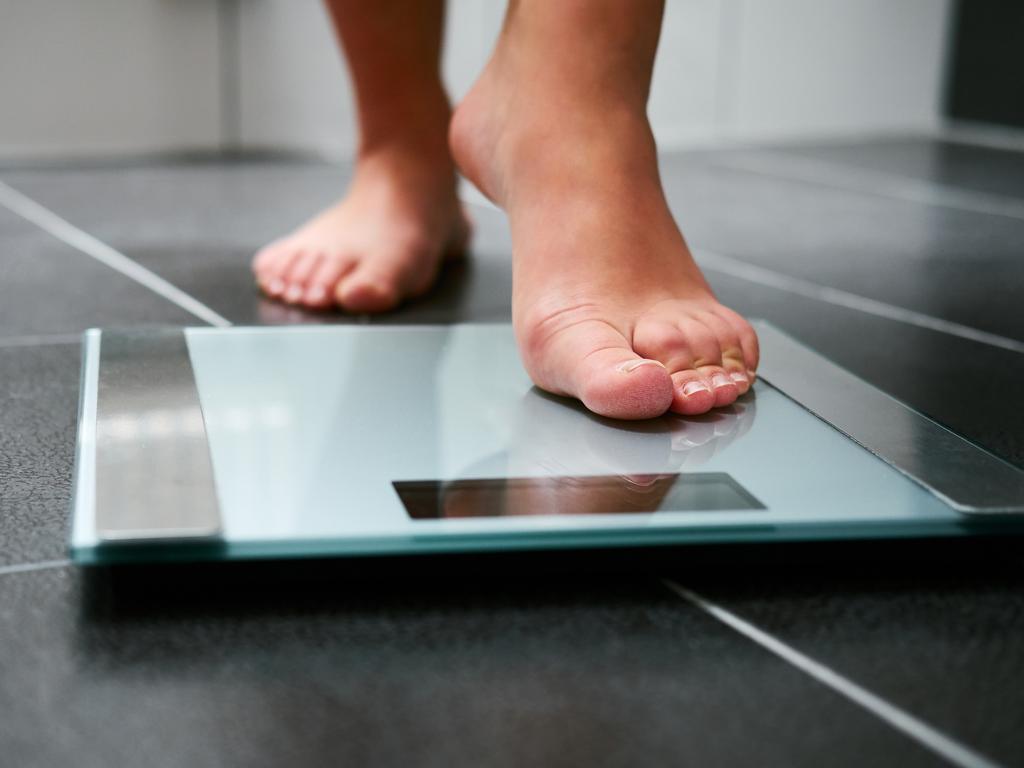


To join the conversation, please log in. Don't have an account? Register
Join the conversation, you are commenting as Logout